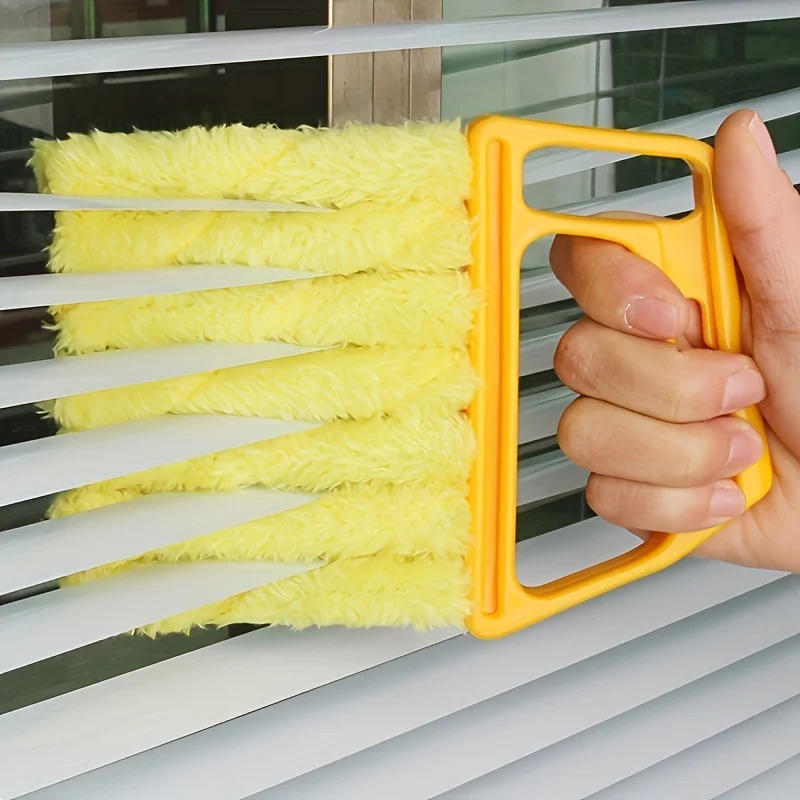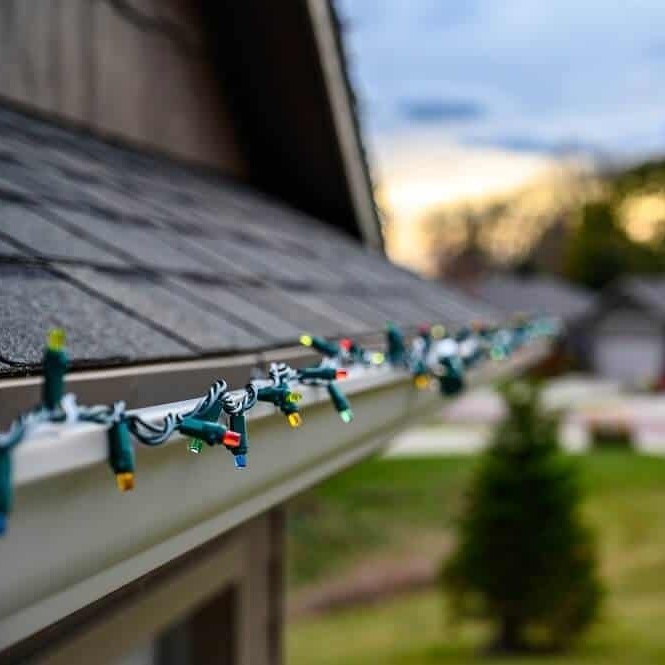Blinds are a popular window treatment that can add style and functionality to any room. However, they are also notorious for collecting dust, dirt, and grime. Cleaning blinds can seem like a daunting task, but with the right tips and techniques, you can keep them looking fresh and new. This comprehensive guide will provide you with effective methods for cleaning different types of blinds, ensuring they remain in pristine condition.
Understanding Your Blinds: Types and Materials
Types of Blinds
Before diving into the cleaning methods, it’s crucial to understand the type of blinds you have. Blinds come in various types, including Venetian, vertical, roller, Roman, and cellular blinds. Each type requires a specific cleaning method to prevent damage and ensure optimal results. Venetian blinds, for instance, consist of horizontal slats that can be made from various materials, whereas vertical blinds have vertical slats. Roller blinds are made of fabric and roll up into a casing, while Roman blinds fold into elegant pleats when raised.
Materials Matter
Blinds are made from different materials, including wood, faux wood, aluminum, vinyl, and fabric. Each material has unique cleaning needs. Wooden blinds, for example, need a gentler approach to prevent warping, while aluminum and vinyl blinds are more resilient and can withstand more vigorous cleaning. Understanding the material of your blinds will help you choose the appropriate cleaning techniques and avoid any potential damage.
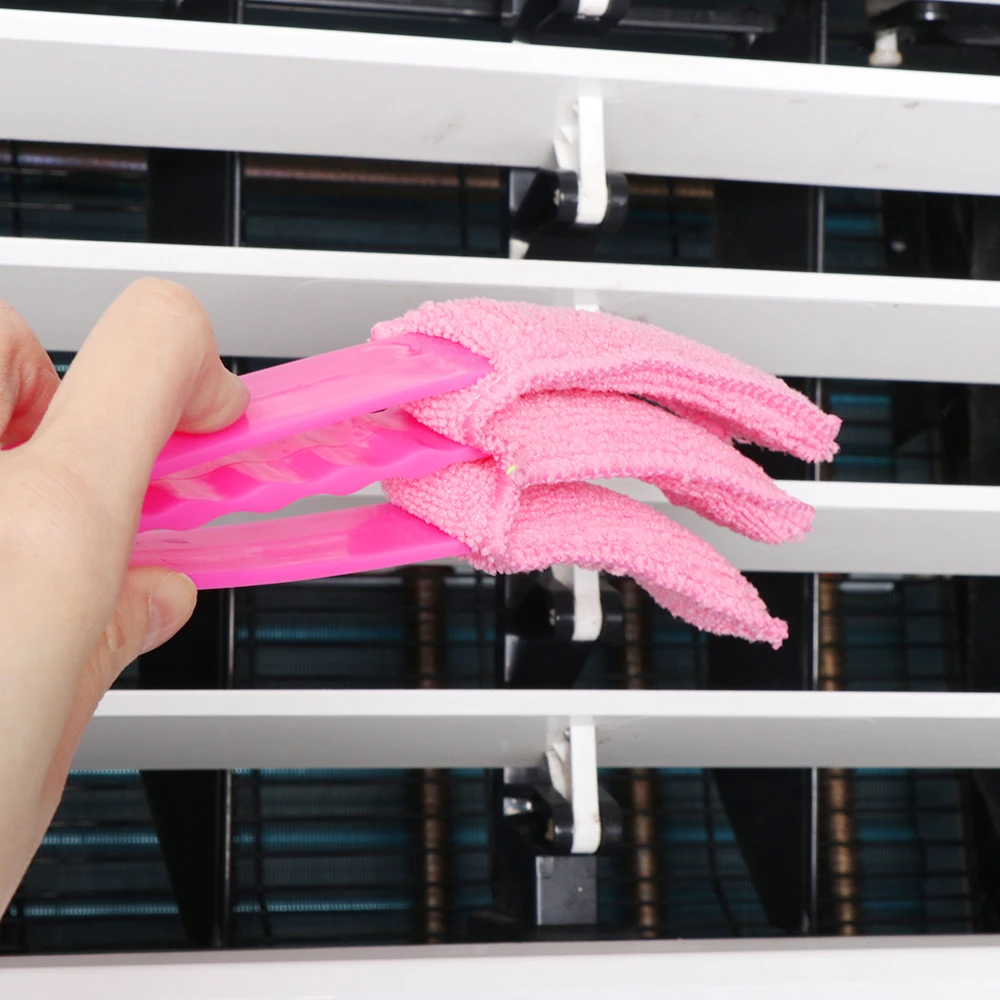
Essential Tools and Supplies for Cleaning Blinds
Basic Cleaning Supplies
Having the right tools and supplies on hand can make the task of cleaning blinds more manageable. Some basic supplies you’ll need include a microfiber cloth, a vacuum cleaner with a brush attachment, a bucket, mild dish soap, and soft sponges. These items are versatile and can be used for most types of blinds.
Specialized Cleaning Tools
In addition to basic supplies, there are specialized tools designed specifically for cleaning blinds. These include a blind duster, which features multiple prongs covered in microfiber for cleaning several slats simultaneously, and a mini blind brush, which can fit between slats to remove dust and dirt effectively. Investing in these tools can save you time and effort, making the cleaning process more efficient.
Regular Dusting: The First Line of Defense
Weekly Dusting Routine
Regular dusting is the simplest and most effective way to keep your blinds clean. Establishing a weekly dusting routine can prevent dust buildup and reduce the need for deep cleaning. Use a microfiber cloth or a blind duster to gently wipe down each slat. For horizontal blinds, work from top to bottom to prevent redistributing dust. For vertical blinds, start from the top and work your way down.
Vacuuming the Blinds
If your blinds have accumulated more dust than a simple wipe can handle, use a vacuum cleaner with a brush attachment. Gently run the brush along the slats, ensuring you cover both sides. This method is particularly effective for fabric and cellular blinds, as it helps remove dust without causing damage. Be sure to use the vacuum on a low setting to avoid pulling or distorting the blinds.
Deep Cleaning Techniques for Different Types of Blinds
Cleaning Wooden Blinds
Wooden blinds add a touch of elegance to any room, but they require special care to avoid damage. For deep cleaning, use a mild wood cleaner or a solution of water and mild dish soap. Dampen a microfiber cloth with the solution and gently wipe each slat. Avoid soaking the cloth, as excess moisture can cause the wood to warp or discolor. After cleaning, dry the blinds thoroughly with a dry cloth.
Cleaning Faux Wood Blinds
Faux wood blinds are more resilient than their wooden counterparts and can withstand more rigorous cleaning. Mix a solution of water and mild dish soap in a bucket. Dampen a soft sponge with the solution and wipe down each slat. For stubborn stains, you can use a non-abrasive cleaner. Rinse the blinds by wiping them with a cloth dampened with clean water and dry them with a microfiber cloth to prevent water spots.
Cleaning Aluminum and Vinyl Blinds
Aluminum and vinyl blinds are durable and easy to clean. Fill a bathtub or a large basin with warm water and add a few drops of mild dish soap. Remove the blinds from the window and submerge them in the soapy water. Let them soak for about 10 minutes to loosen dirt and grime. Use a soft brush or sponge to scrub the slats, paying extra attention to any stubborn spots. Rinse the blinds thoroughly with clean water and hang them up to air dry before reinstalling.
Cleaning Fabric Blinds
Fabric blinds, such as roller and Roman blinds, can be more challenging to clean due to their material. Start by vacuuming the blinds using the brush attachment to remove loose dust and dirt. For spot cleaning, use a solution of water and mild dish soap. Dampen a clean cloth with the solution and gently blot the stained area. Avoid rubbing, as this can cause the fabric to pill or become distorted. For deep cleaning, some fabric blinds may be machine washable, but always check the manufacturer’s care instructions before proceeding.
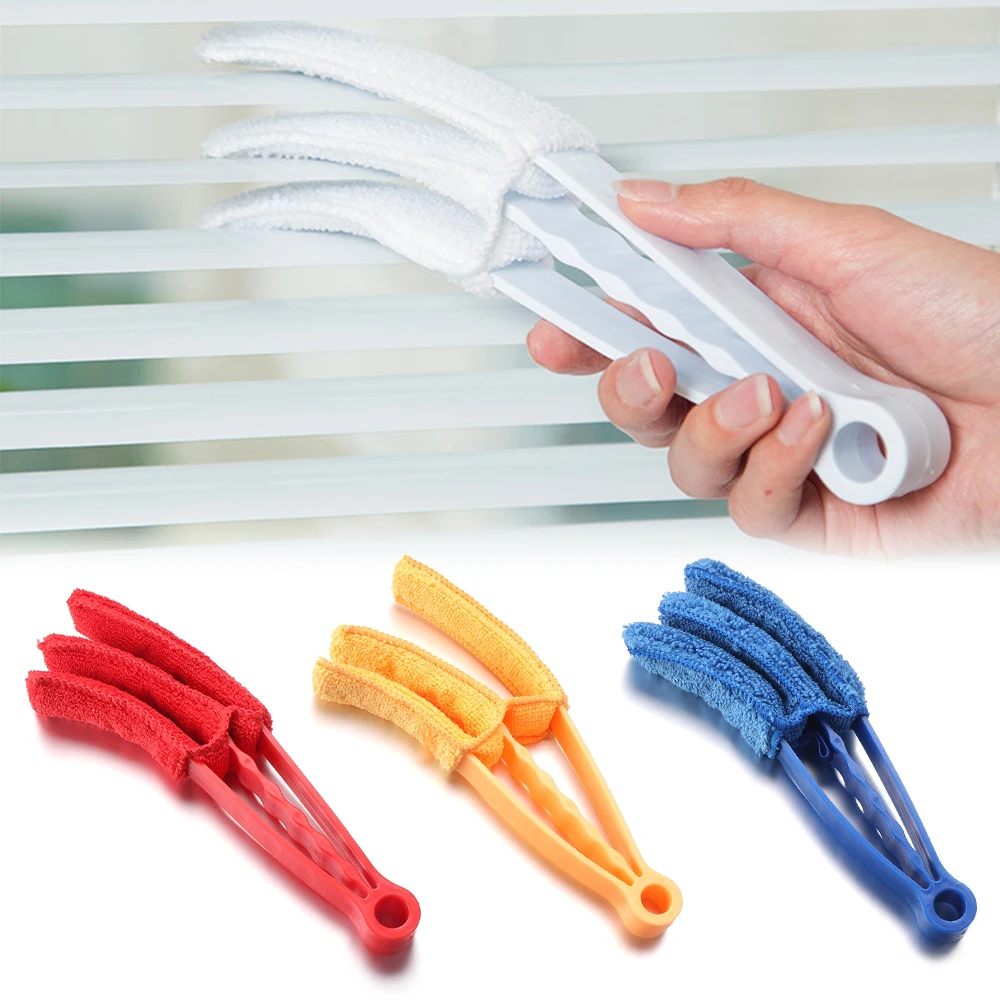
Addressing Stubborn Stains
Identifying the Stains
Stubborn stains on blinds can be caused by various factors, including cooking grease, nicotine, and accidental spills. Identifying the type of stain will help you choose the most effective cleaning method. For example, grease stains may require a degreasing agent, while fabric stains might need a specialized fabric cleaner.
Using Vinegar Solution
A solution of equal parts white vinegar and water can be effective for removing stubborn stains from blinds. Dip a microfiber cloth into the solution and gently scrub the stained area. Vinegar is a natural cleaning agent that can dissolve grease and grime without causing damage to most materials. After treating the stain, wipe the area with a clean, damp cloth to remove any residue and dry thoroughly.
Spot Cleaning with Baking Soda
Baking soda is another versatile cleaning agent that can tackle tough stains. Make a paste by mixing baking soda with a small amount of water. Apply the paste to the stained area and let it sit for a few minutes. Use a soft brush or cloth to scrub the area gently. Rinse with a damp cloth and dry the blinds thoroughly. This method is particularly effective for vinyl and aluminum blinds.
Preventative Measures to Keep Blinds Clean
Regular Maintenance
Implementing regular maintenance can significantly reduce the time and effort needed for deep cleaning. Dust your blinds weekly, and wipe them down with a damp cloth every few months. Regular maintenance not only keeps your blinds looking fresh but also extends their lifespan by preventing the buildup of dust and grime.
Using Protective Measures
Consider using protective measures to keep your blinds clean, such as installing window screens or using air purifiers. Window screens can prevent dust and debris from entering your home, reducing the amount that settles on your blinds. Air purifiers can help remove airborne particles, further minimizing dust accumulation. Additionally, keeping windows closed on windy days can prevent outside debris from settling on your blinds.
Eco-Friendly Cleaning Alternatives
Using Natural Cleaning Solutions
Eco-friendly cleaning alternatives are not only better for the environment but also safer for your health. Many conventional cleaning products contain harsh chemicals that can be harmful. Consider using natural cleaning solutions, such as a mixture of water, vinegar, and essential oils. Essential oils like lemon, tea tree, and lavender have natural cleaning and antibacterial properties, adding a pleasant scent to your cleaning routine.
Reusable Cleaning Tools
Opt for reusable cleaning tools instead of disposable ones to reduce waste. Microfiber cloths, for example, can be washed and reused multiple times. Investing in high-quality cleaning tools that last longer can save you money in the long run and contribute to a more sustainable cleaning routine.
Professional Cleaning Services
When to Consider Professional Cleaning
While regular cleaning and maintenance can keep your blinds in good condition, there may be times when professional cleaning is necessary. If your blinds are heavily soiled, stained, or made from delicate materials that require specialized care, hiring a professional cleaning service can ensure they are cleaned safely and effectively. Professional cleaners have the expertise and equipment to handle various types of blinds and stains, providing a thorough and efficient cleaning.
Finding a Reliable Service
When choosing a professional cleaning service, look for one with experience and good reviews. Ask for recommendations from friends or family, and check online reviews to gauge the quality of the service. Ensure that the cleaning service uses eco-friendly products and methods, and inquire about their cleaning process for the specific type of blinds you have. A reliable service will provide detailed information and answer any questions you may have, ensuring your blinds receive the best care possible.
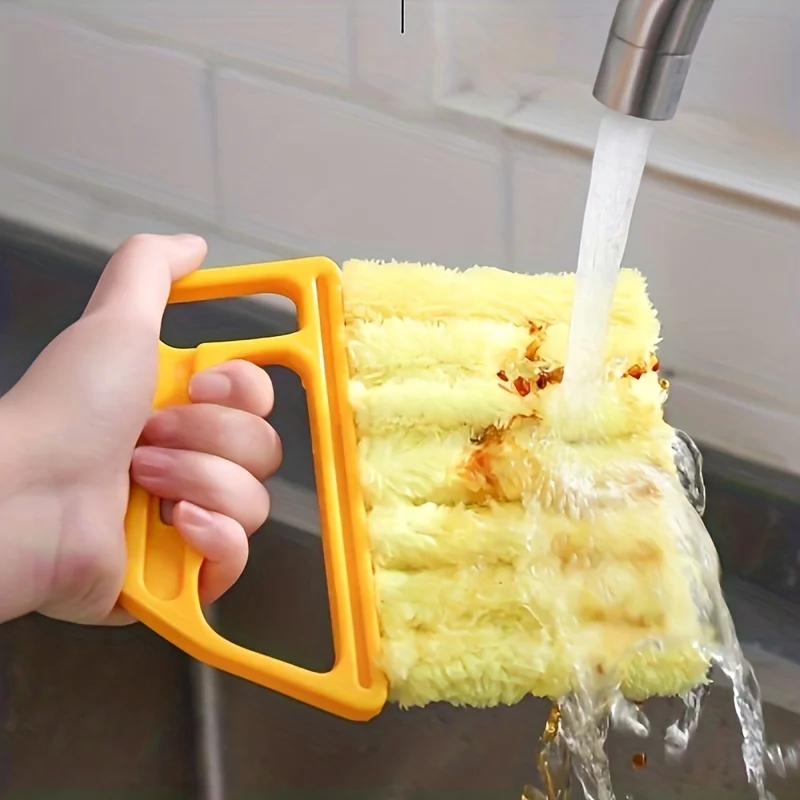
Conclusion
Cleaning blinds may seem like a daunting task, but with the right tips and techniques, it can be a manageable and even satisfying chore. Understanding the type and material of your blinds, using the appropriate cleaning methods and tools, and implementing regular maintenance can keep your blinds looking pristine and extend their lifespan. From regular dusting and vacuuming to deep cleaning and spot treatments, these effective tips and techniques ensure that your blinds remain a stylish and functional part of your home.
Incorporating eco-friendly cleaning alternatives and considering professional cleaning services when needed can further enhance the care and longevity of your blinds. By following these guidelines, you can maintain clean and beautiful blinds that contribute to a fresh and inviting living space.





